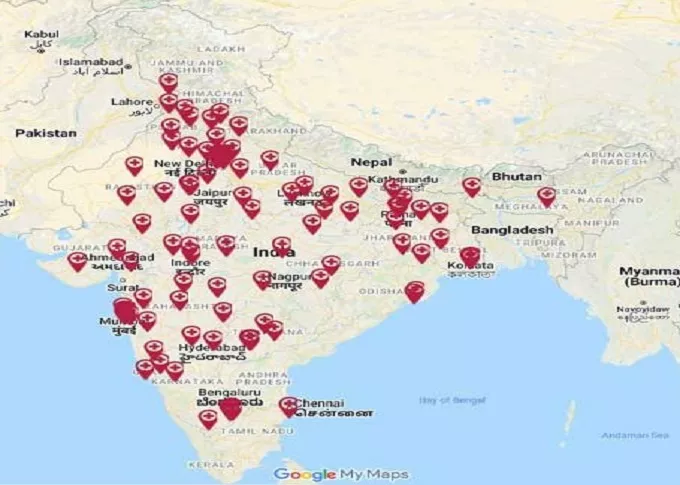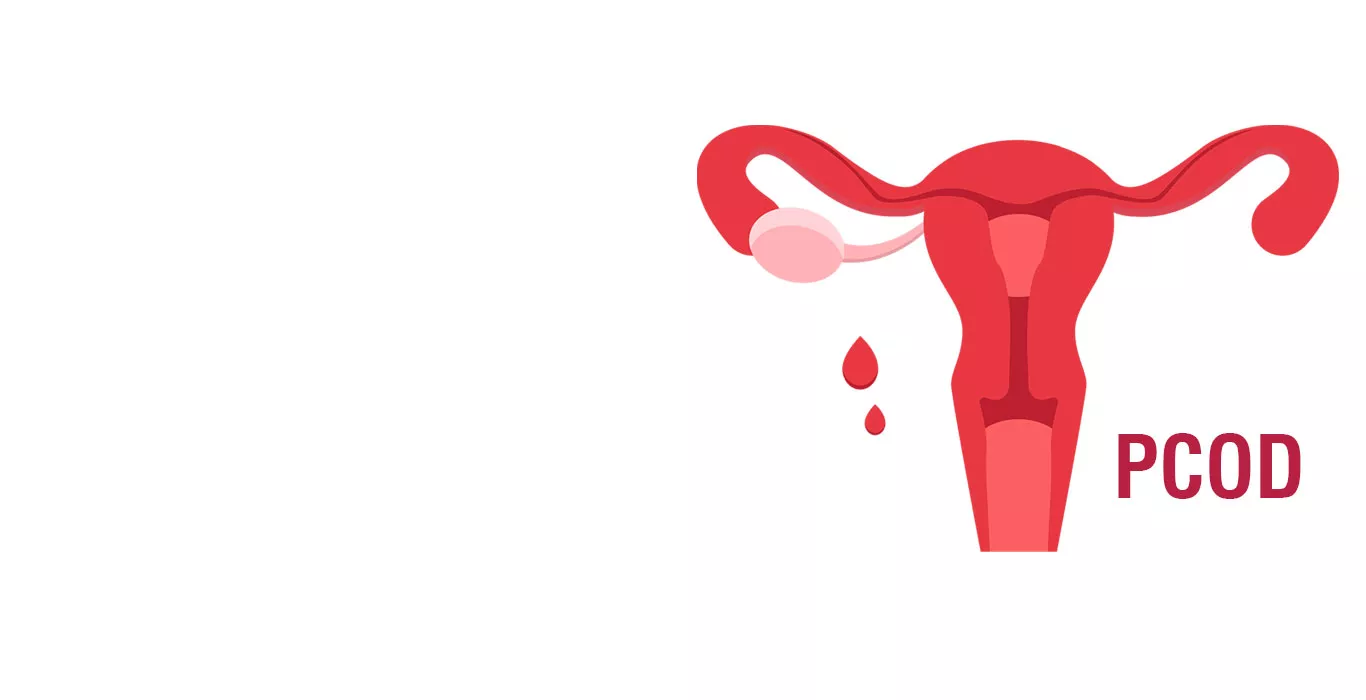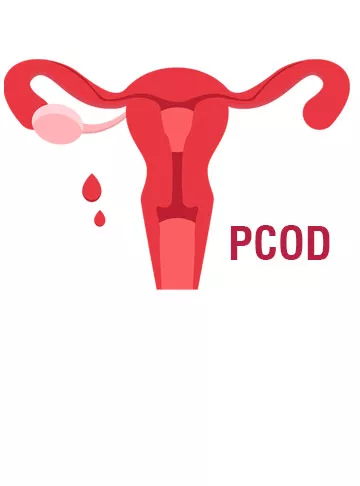PCOD often goes unnoticed in many women until it impacts fertility by lowering the frequency of ovulation. Women with PCOD can still conceive; however, they may need to be put on certain medications in order to get pregnant.
Apart from infertility, PCOD can also lead to a number of other health complications such as:
-
Diabetes type II
-
Endometrial cancer
-
Heart disease and high blood pressure
-
Depression
-
Sleep disorders
As such, PCOD is not a disease that merely impacts one aspect of health. It can profoundly affect the overall quality of life, if left untreated.
Pregnancy Calculator Tools for Confident and Stress-Free Pregnancy Planning
Get quick understanding of your fertility cycle and accordingly make a schedule to track it
Get a free consultation!

© 2025 Indira IVF Hospital Private Limited. All Rights Reserved. T&C Apply | Privacy Policy| *Disclaimer














